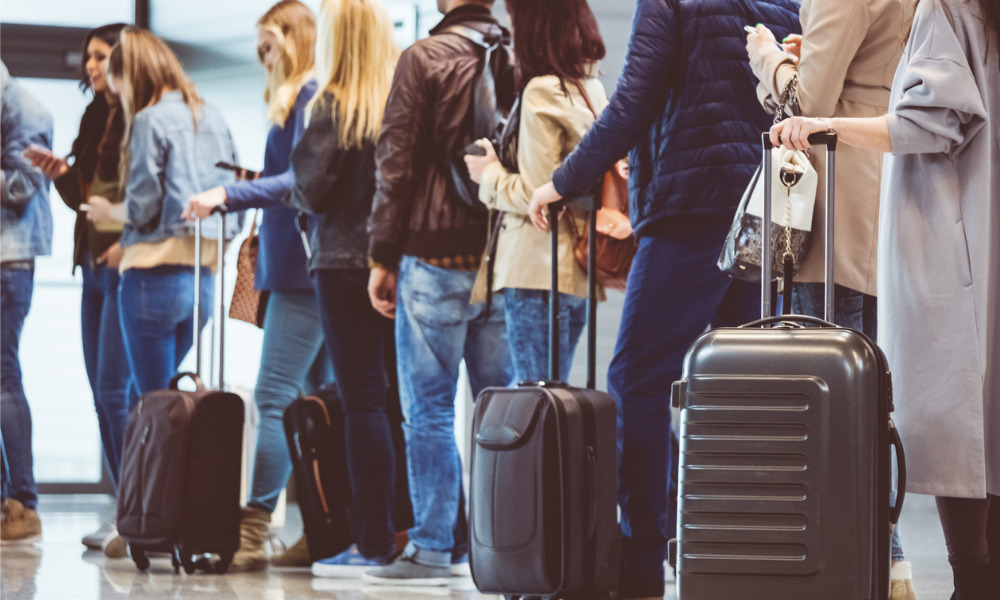
New rules could affect 200,000 workers

The government is hoping a raft of visa changes covering more than 200,000 foreigners will help ameliorate a shortage of skilled labour. Among the changes are a new path to permanent residency for some skilled migrants and changes to make it easier for international students to work after graduation.
In an effort to ease ongoing worker shortages, the government has announced that about 200,000 skilled migrants who stayed in Australia during the pandemic will be eligible for residency, according to a report by The Australian Financial Review. The temporary concession affects primary holders of the temporary skills shortage visa and holders of the now-discontinued 457 visa. Migrants most affected by the change will be those employed in the health and hospitality sectors, who account for one-fifth of the potential pool of new permanent residents, AFR reported.
Before the change, holders of temporary skill shortage visas in the “short-term” stream were limited to a two-year stay in the country without a path to permanent residence.
The change should ease the burden on employers struggling to find workers, AFR reported. Job vacancies in the hospitality sector have spiked 87% since the start of the COVID-19 pandemic, according to data from the Australian Bureau of Statistics. Vacancies in the healthcare sector are up by 72%.
Separately, Education Minister Alan Tudge and Immigration Minister Alex HAwke have agreed on changes that will allow 30,000 students whose visas expired after Feb. 1, 2020, to reapply for a new 485 visa with the same duration as their original visa, AFR reported. Graduates of masters by coursework programs will be able to stay in the country to work for three years instead of two, and vocational education graduates will be eligible for two-year temporary visas.
Students will have their time spent studying offshore recognised when applying for a 485 visa, AFR reported.
Business groups have been leaning on the government to bring international students back to the country, as they provide a large workforce for the hospitality and retail sectors.
“The changes are targeted to not only support international students, but are also a crucial component of our economic recovery and will help us retain and attract skilled workers,” Hawke said.
The changes will be announced Thursday, along with a $37 million mini-rescue program for the education sector, targeting private colleges that have been impacted by the freeze in international student enrolment over the last two years, AFR reported. Measures in the package will include ongoing fee relief to regulators and other federal agencies, extending an exemption of a 25% fee for students accessing government support for student loans, and $9 million for English-language colleges to develop online courses.
“This will help ensure the rapid return of international students,” Tudge said. “It provides clear incentives for institutions and students and ensures students are not disadvantaged from being prevented from coming to Australia earlier.”